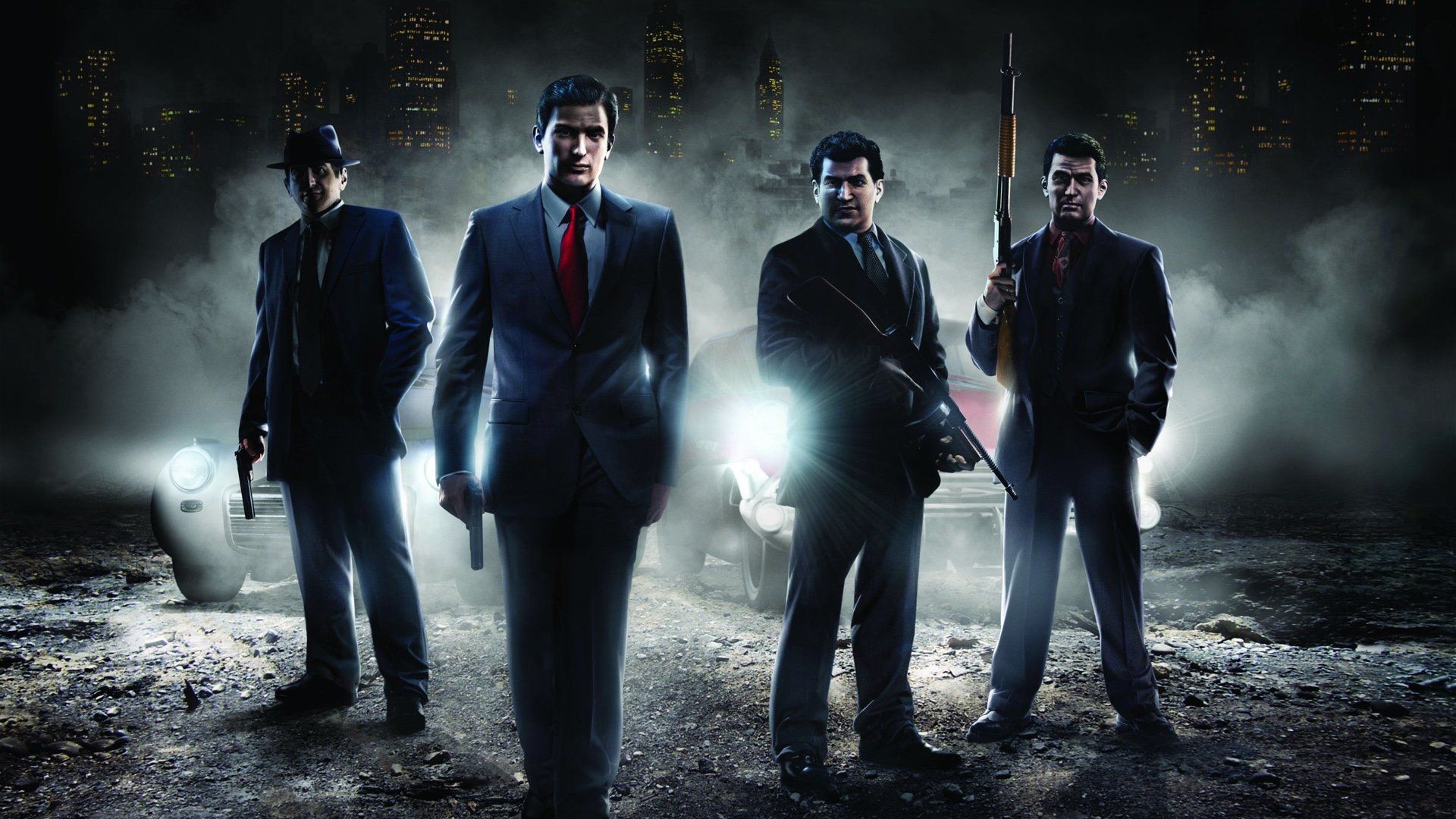
FAQ About Mafia Trope
Mafia Trope
2 years ago | gizem
Are there any Mafia-themed books that challenge or subvert the traditional tropes?
Yes, there are Mafia-themed books that challenge or subvert the traditional tropes associated with the genre. These books offer fresh perspectives, innovative storytelling techniques, or alternative narratives that defy or deconstruct the conventional Mafia portrayals. Here are a few examples:
- "The Godfather" by Mario Puzo: While "The Godfather" is a classic Mafia-themed book, it also subverts some traditional tropes. It humanizes the characters and explores their personal struggles, questioning the glorification of the Mafia lifestyle. The book delves into the moral complexities and the high personal cost associated with organized crime.
- "The Ice Harvest" by Scott Phillips: This crime novel subverts the traditional Mafia trope by injecting dark humor and a satirical tone. It follows a small-time lawyer involved in an embezzlement scheme, intersecting with the local criminal underworld. The book challenges the romanticized notions of honor and loyalty while offering a gritty and comedic take on organized crime.
- "The Last Don" by Mario Puzo: In this novel, Puzo challenges the traditional Mafia tropes by exploring the dynamics of power within the entertainment industry. It portrays the intertwining of organized crime with Hollywood, revealing the manipulation and corruption behind the scenes. The book offers a fresh angle on the Mafia world and subverts expectations.
- "The Power of the Dog" by Don Winslow: Although centered on drug cartels, this novel challenges traditional Mafia tropes by providing a sprawling, multilayered narrative that explores the interconnections of organized crime, law enforcement, and political corruption. It offers a gritty, realistic portrayal that defies simplistic categorizations.
- "The Godfather of Kathmandu" by John Burdett: This crime novel subverts the traditional Mafia trope by shifting the setting to Bangkok and introducing a diverse cast of characters. It explores the influence of organized crime in the global context, challenging geographical and cultural expectations while providing a unique perspective on criminal operations.
